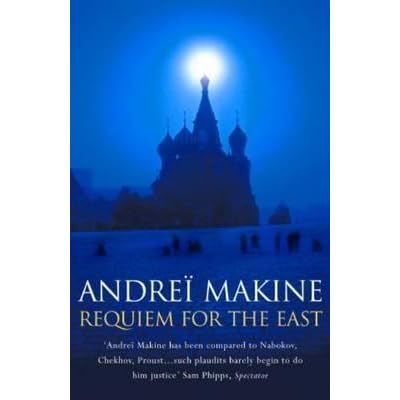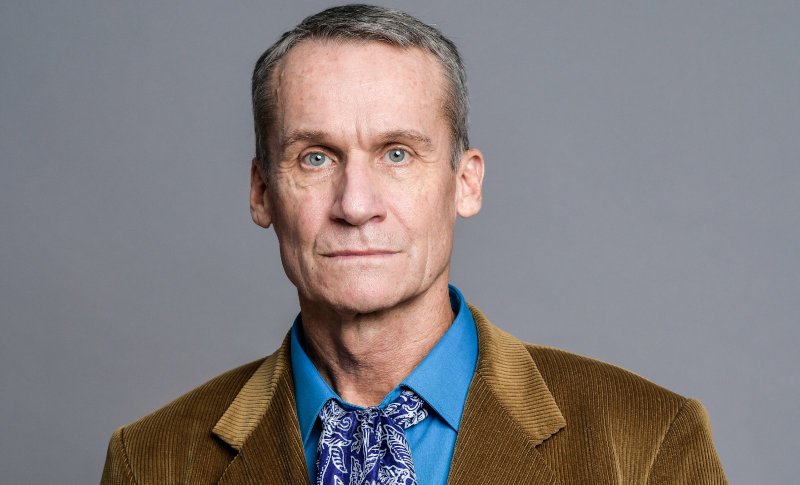Requiem for the East, Andreï Makine, UK, 2001
A beautiful but completely devastating book where the first few chapters are similar to entering some rambling old mansion by a side door. After losing oneself in endless corridors and a variety of rooms, both large and small, one finally reaches the main staircase, and suddenly everything slots into place.

Covering the period from the end of WWI to the end of the twentieth century, Requiem for the East paints a heartbreaking picture of Russia through three generations of the same family. Nikolai fought for the Tsar and then, after the revolution, for the Reds. He is not political; he is a simple farmer from the east; all he wants is to return home, find a wife and raise a family. His son Pavel is impacted both by the deceptions and despotism of Stalin and WWII. We are not told the name of Pavel’s son, but as he negotiates the second half of the twentieth century as a doctor and then as a spy, experiencing the fall of communism and the rise of an absurd kind of Russian democracy controlled by Mafia-like forces, he brings together both the past and the present.
Ruthless men may have scarred the country with unbelievable pain and destruction, and they continue to do so, but this nameless protagonist holds on to what he knows is the essence and the beauty of Russia:
‘… I thought about the phantom pain an injured man can feel after an amputation. He has an intense physical awareness of the life of the arm or leg he has just lost. I told myself it was the same for one’s native land, for one’s country, lost or reduced to the state of a shade and which comes to life again within us, as both desolation and love, in the deepest throbbing of the severed veins.

Woven through scenes of people buried alive, desecrated villages, the Gulag, prisoners used as canon fodder, acts of unimaginable bravery and self-sacrifice, together with the continued pattern of violence and disrespect for human life as the weapons that sustain violence and war become a major income source for a few unscrupulous players in several countries, there are three separate love stories. The stories, beautifully told, offer a marked contrast to the slaughter and carnage.
Makine’s prose is poetic, often succinct, always honest. His view is not just centred on Russia; it is global. He is acutely aware of the hypocrisy of world politics and the way in which power-hungry countries operate. Summing up the situation after WWII, a war in which Russia lost millions of her citizens, both military and civilian, he writes:
‘… You have to get to work in depth on public opinion in a country. Get people used to the idea that it’s always been the Americans who came to the rescue and that these days the Russians can’t even make a decent saucepan. The whole of Eastern Europe is going to be re-equipped with American arms. Contracts worth tens of millions. Very soon the Americans won’t have a single man on the dole…’
In the end, war, in all its disguises, is simply a game – albeit a very deadly game – and a source of enormous income for wealthy countries.